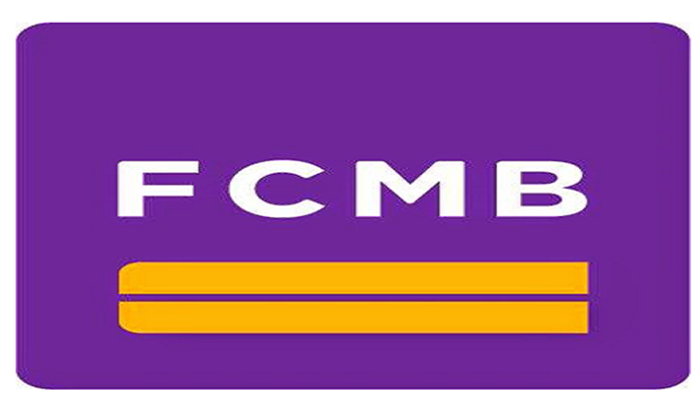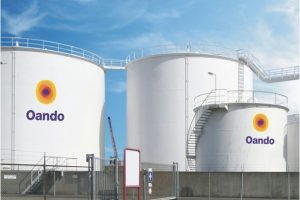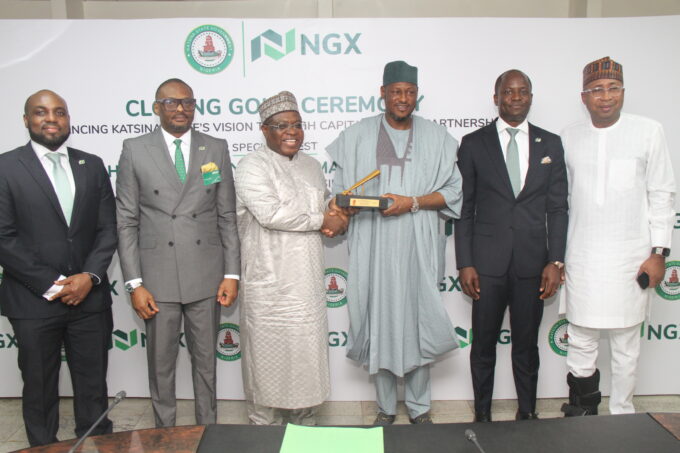December 28, 2018/FDC
Q3 GDP expanded by 1.81% up from 1.5% in the previous quarter. This provided a temporary relief to policy makers who were concerned of a possible continuation of the slowing trend in Q2.
However, when you decompose the growth we notice that interest rate and employment elastic sectors were mostly hit. The petroleum sector, an engine of growth posted an improvement over the last quarter even though still negative at -2.91%.
The most important take away from the data is the sub optimality of the growth and the continued drag of negative labor productivity of -0.7% on output.
So far in 2018, the economy is growing at an average of 1.75%. In order to achieve the IMF’s projection of 1.9% (FY’18), the economy needs to grow by at least 2.4% in Q4’18. 
Sectoral Breakdown Of GDP
Non-oil sector recorded its highest growth in 11 quarters
The non-oil sector grew by 2.32% in Q3, the highest rate in 11 quarters. This improvement was largely underpinned by the sustained increase in the telecoms sector growth to14.97% from 1.88% in Q1’18. Capital importation into the telecoms sector increased by 2.7% to $11.42mn in Q3’18.
Conversely, the oil sector growth contracted, even though it showed a marginal increase (-2.91%) relative to 3.95% recorded in the previous quarter. This negative growth was spurred by a reduction in oil production to 1.94mbpd from 2.02mbpd in the corresponding period in 2017.
Agric sector remained the highest GDP contributor
The agric sector maintained its position as the highest GDP contributor despite the decline in the sector’s growth to 1.91% from 3.07% in Q3’17. Meanwhile, it was an improvement from Q2 (1.19%), due to the harvest. Although, communal clashes and flooding in most of the agrarian states had an adverse effect on food supply, the impact was limited. Other major contributors to GDP were: trade (15.8%), information & communication (10.55%), manufacturing (8.84%) and mining & quarrying sectors (9.53%). The sectors that contributed the least to GDP are: the accommodation & food services (0.87%), human health & social services (0.65%), arts & entertainment (0.19%), electricity & air conditioning supply (0.42%) and admin & support services (0.02%).
Outlook
The FBN’s purchasing managers’ index (PMI) reading has been in the expansion region for four consecutive months. The index was up 2.4points to 58.9 points in November, reflecting an improvement in manufacturing sector activities. In addition, average power output crossed the 4,000MWh/h threshold in Q4. These factors coupled with the anticipated boost in aggregate demand during the festive season will further bolster economic growth in Q4’18.
A major threat to this outlook is the inclusion of Nigeria in the OPEC production cut by 40,000pb. This would have an adverse effect on oil proceeds especially at a period when oil prices have fallen below $65pb.














